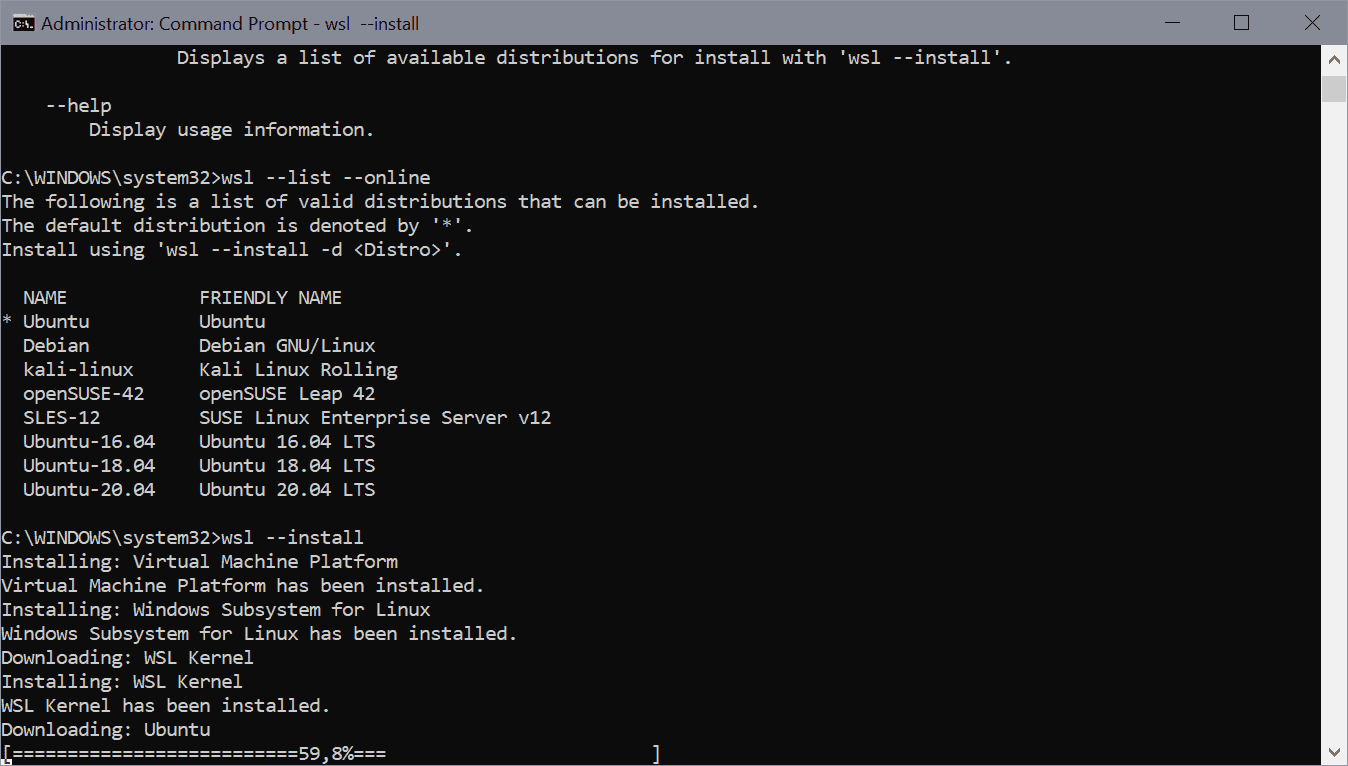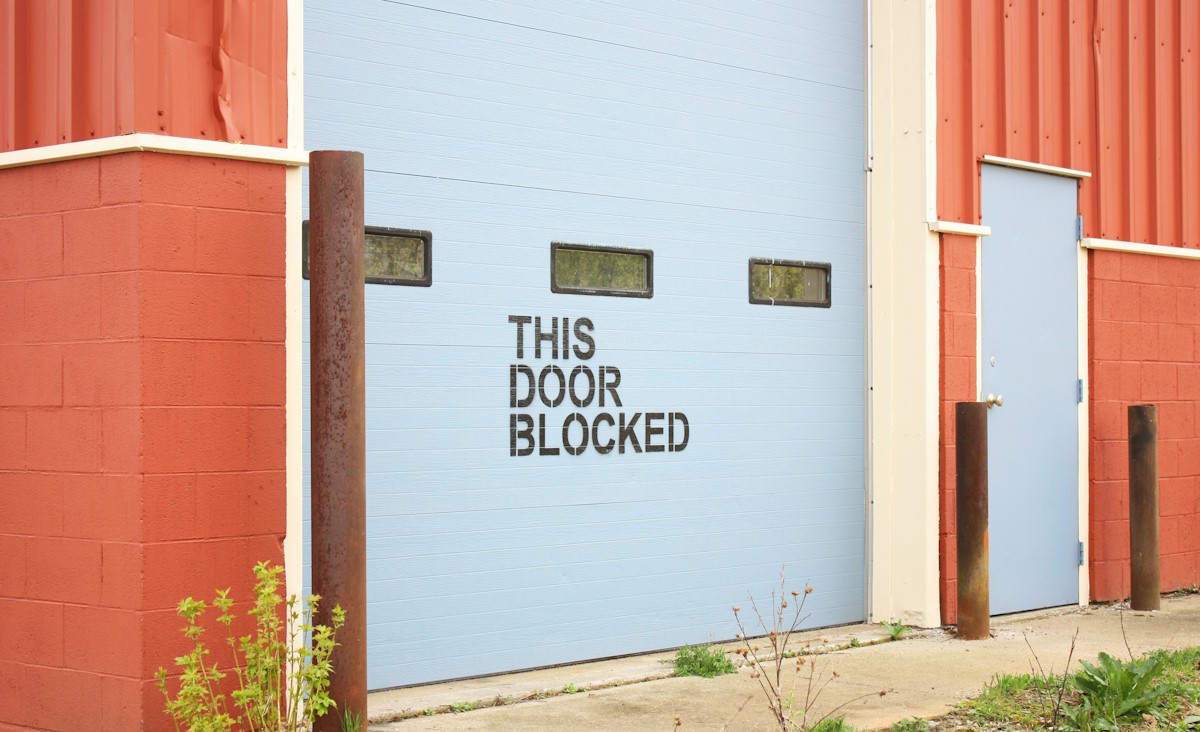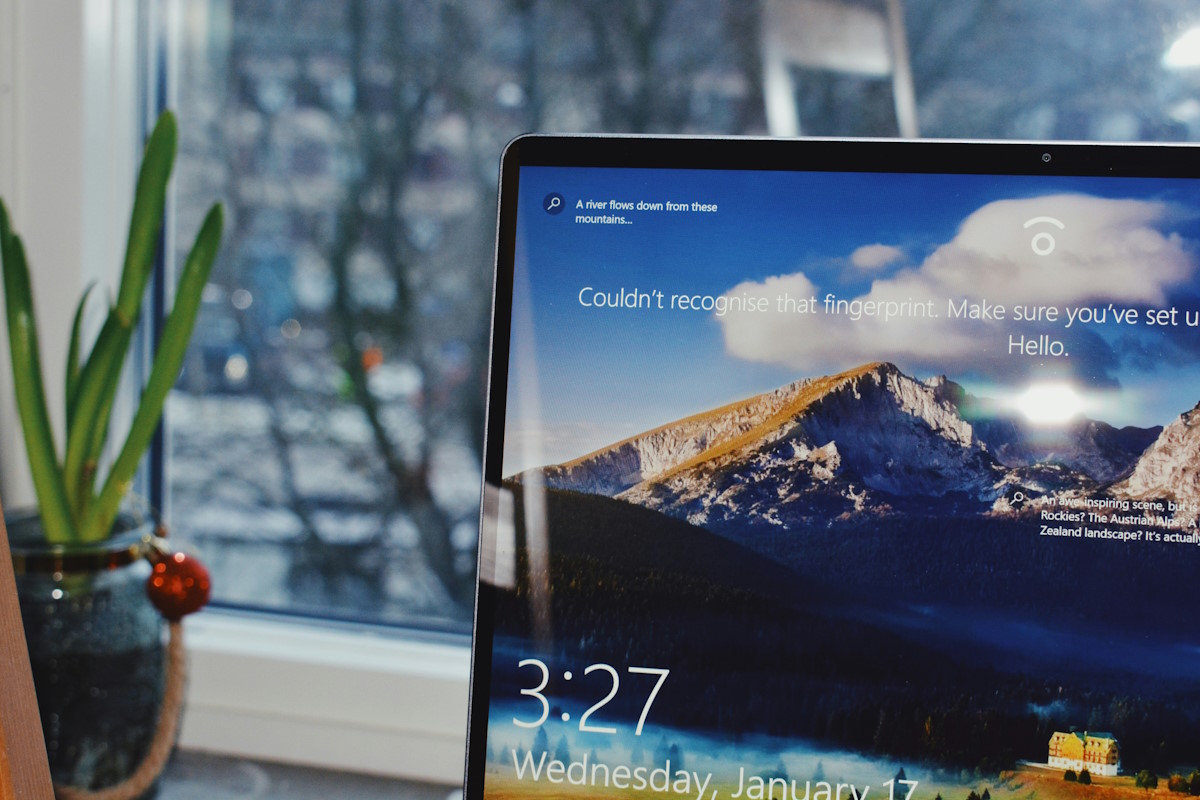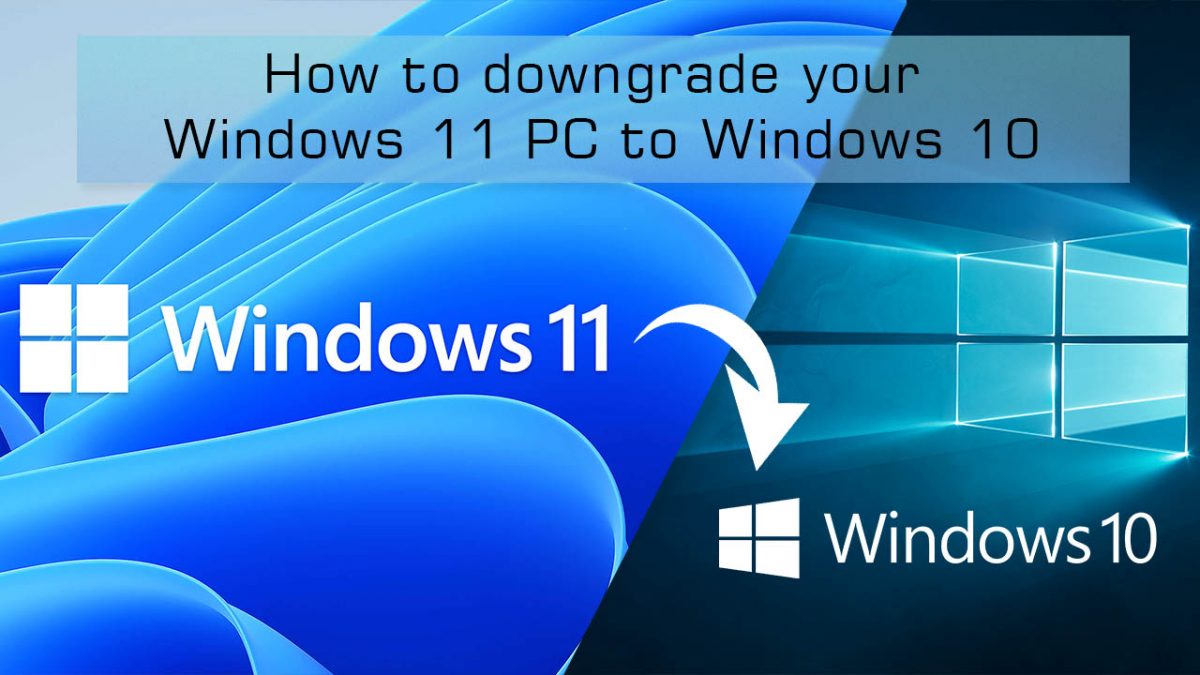Install Windows Subsystem for Linux with a single command

Windows 10 administrators who want to install WSL, the Windows Subsystem for Linux, can do so running a single command on Windows 10 versions 2004 and later.
Microsoft introduced the enhancement in Insider preview builds back in October 2020, and has now pushed the improvement in recent updates for Windows 10 versions 2004, 20H2 and 21H1.
The enhancement is included in KB5004296, which is an optional update for the listed versions of Windows 10; since updates are cumulative, the new functionality will be introduced on the August 2021 Patch Day to all devices via Windows Updates. Optional updates are installed only on systems if administrators become active, for instance by seeking for the update or downloading it from the Microsoft Update Catalog website.
Microsoft makes no mention of the WSL improvement in the release notes. A post on Microsoft's Dev Blog by Craig Loewen confirms the inclusion of the new install option for WSL on Windows 10 version 2004 and higher.
All it takes is to open an elevated command prompt and run the command wsl.exe --install to install WSL on the device. By default, Ubuntu will be installed on the device as it is the default Linux distribution if no distribution is specified.
The main advantage of the new method is that the installation is much faster. Previously, you had to install all required components separately on the device.

Here is an overview of the commands and what you may use them for. Note that some commands can only be run after WSL has been installed on the device.
- Select Start.
- Type cmd.exe
- Select Run as administration.
- wsl.exe --install
- installs the Ubuntu distribution and WSL on the device.
- wsl --list --online
- lists all available Linux distributions that you may install using the wsl command. Currently, these are:
- Ubuntu Ubuntu
- Debian Debian GNU/Linux
- kali-linux Kali Linux Rollin
- openSUSE-42 openSUSE Leap 42
- SLES-12 SUSE Linux Enterprise Server v12
- Ubuntu-16.04 Ubuntu 16.04 LTS
- Ubuntu-18.04 Ubuntu 18.04 LTS
- Ubuntu-20.04 Ubuntu 20.04 LTS
- wsl --install -d <DistroName>
- installs the selected distribution. Replace <DistroName> with the name of the distribution. Can be used to install additional distributions as well.
- wsl --update
- updates the WSL Linux kernel manually.
- wsl --update rollback
- rolls back to the previous WSL kernel version.
- wsl --status
- displays general information about the status of the Windows Subsystem for Linux installation.
- wsl --help
- displays the list of command parameters.
The command will install version 2 of WSL on the device. You can check that by running wsl with the status parameter after a successful installation. If you see version 2, the second version of the Windows Subsystem for Linux is installed.
Closing Words
The new commands make it easier to install WSL on a Windows 10 device. The only command missing is uninstall, as you cannot use the command line tool to remove a WSL installation from the device again. Microsoft did not mention if the tool will also be included in Windows 11, but it seems likely.
Now You: have you used WSL on Windows If not, would you?





















Thankyou.
I installed it as it was faster and more reliable to access data on some linux system drives than dual booting, using live USB, installing native a native app. Just followed the prompts, small ubuntu system installed, add drives, copied the data to new NTFS drives, done.
3TB of data in total from 4 drives, I tried easeus and disktools, both were slow and wanted to install much more than I was happy with. I tried 4 livecd’s and had issues with accessing 3 of the drives. 5 minutes installing WSL and let the transfers run over night and everything is where it should be.
If WSL allowed me to control windows with a linux DE I would be singing it’s praises and not just “of the shit options, this was the least shit”.
I don’t use WSL because I use Linux, not Windows.
No thanks. I won’t install dog shit to harvest pinworms.
I have never heard of WSL. Would someone give me a quick description, please?
I don’t use WSL because I can’t, using Windows 8.1.
However, if I had Windows 10, I would not run WSL, as I consider it unnecessary,
except for some developers.
It is a ploy by Microsoft to bring Linux users into the Windows ecosystem.
What do you mean unnecessary? Some Linux tools are pretty dang useful.
You might be right, or it could be the other way around. Microsoft Windows 12 might be a Linux version.
Oh, who’m I kidding, that’d give the user too much choice.
I’m going to install WSL, though as it might be the only way to get Linux on my Lenovo IdeaPad 3, since apparently most distributions won’t use its touchpad for a driver reason.